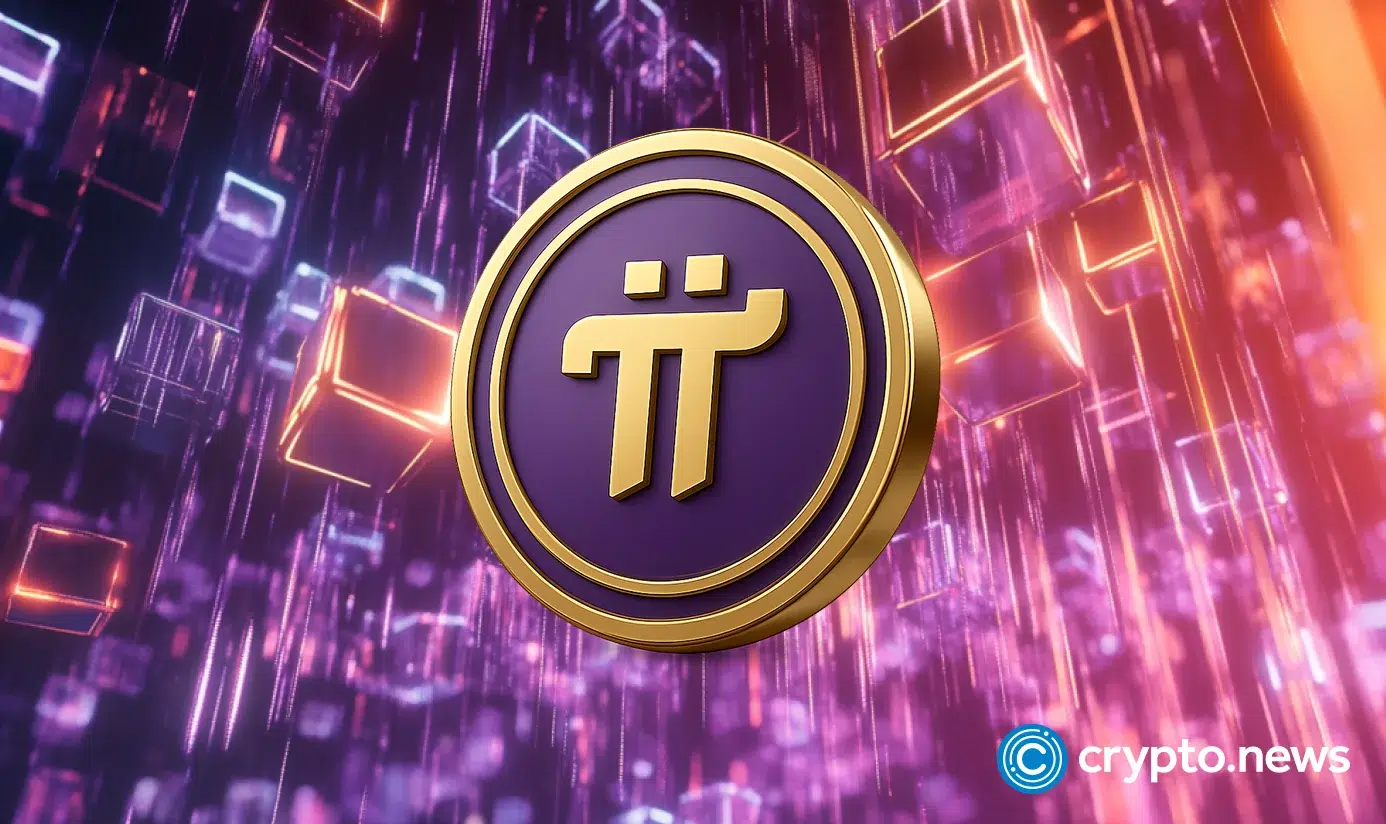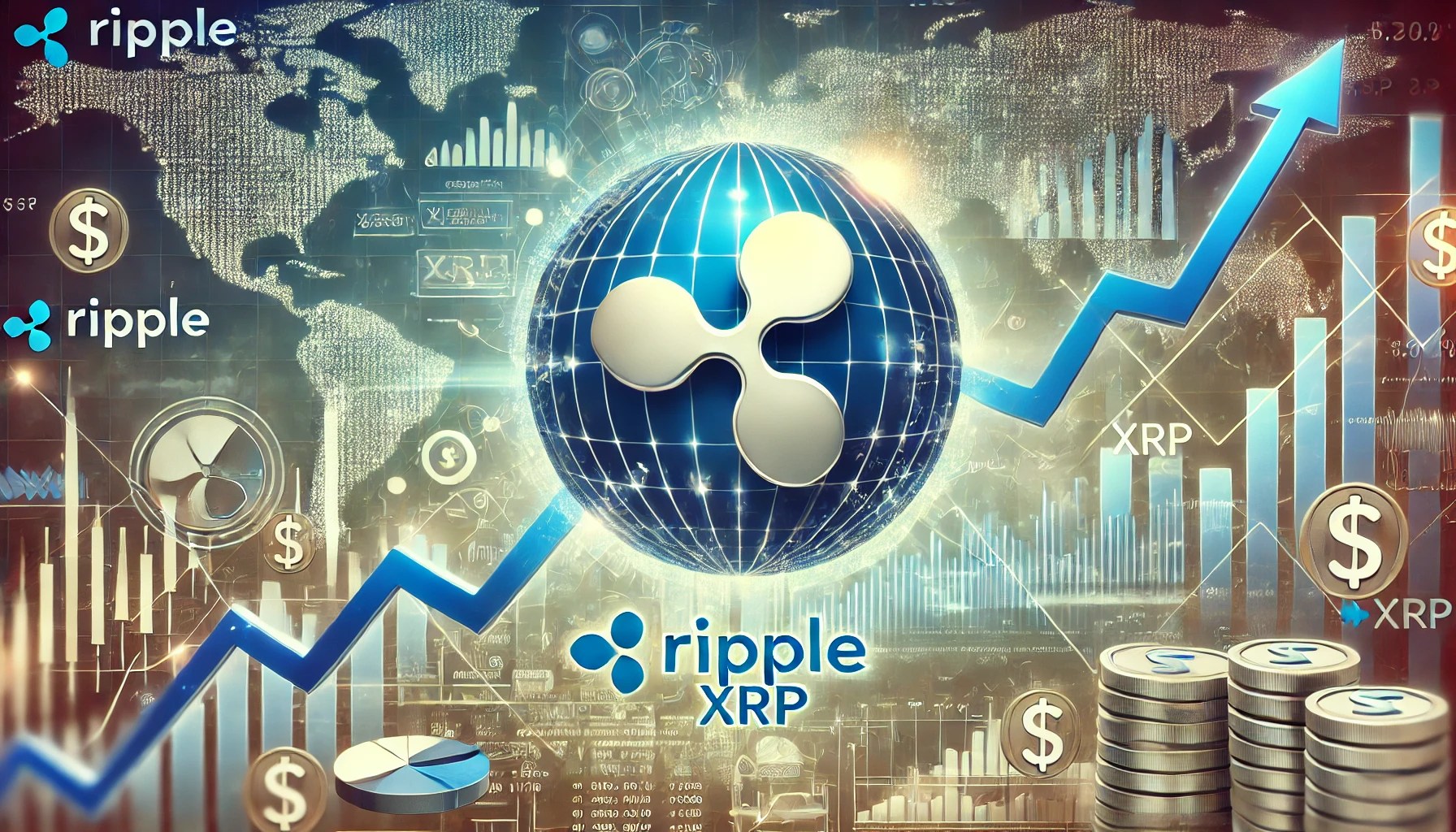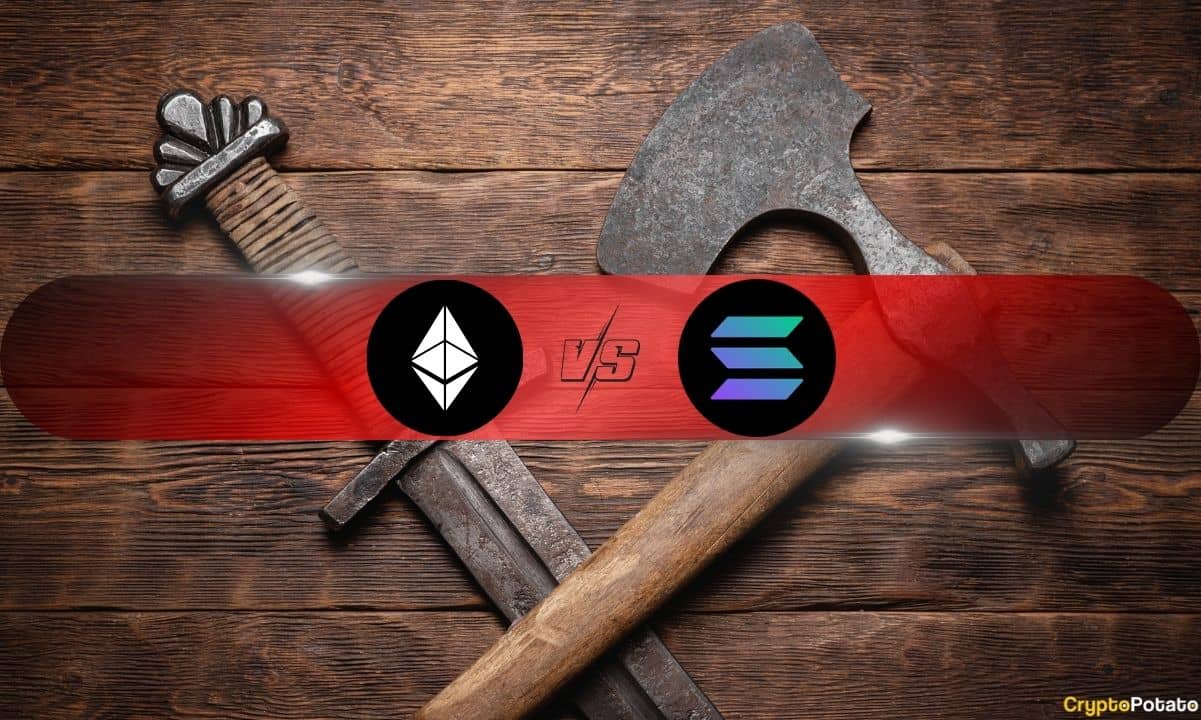Key takeaways:
XRP gained 30% in the past week, boosted by rising institutional interest and deep trading liquidity, now the third-largest crypto by market cap.
Ripple’s alignment with ISO 20022, a new financial messaging standard, and its stablecoin (RLUSD) support a pivot toward real-world financial integration.
Public companies are beginning to treat XRP as a treasury asset, signaling a shift from speculation to strategic allocation.
Ripple’s XRP (XRP) token might be the most intriguing cryptocurrency on the market. Often dismissed for lacking clear use cases, it has quietly climbed to become the third-largest cryptocurrency by market cap, now at $168 billion. In the past week alone, XRP gained over 30%, outperforming both Bitcoin (BTC) (+10%) and Ether (ETH) (+21%).
What’s driving this surge? A mix of strong liquidity, a loyal community, and most importantly, alignment with the growing institutional narrative. As this bull market is increasingly driven by traditional finance, XRP finds itself in the right place at the right time.
XRP finds a niche
There’s a widespread sentiment in the crypto community that XRP has never “earned” its top-tier status. XRP Ledger is a permissioned blockchain designed for interbank settlements, now used by a number of prominent banks. However, most popular XRPL products do not require holding XRP itself, which makes its tokenomics questionable.
There are some Web3 projects currently being built on XRPL. Still, their scale is inconsequential compared to leading smart contract platforms like Ethereum or Solana, in part because of XRPL’s lack of programmability.
That said, the 2025 cycle isn’t about Web3 hype. It’s about institutional adoption, regulatory clarity, and capital flows. And that’s where Ripple, and by extension XRP, are uniquely positioned.
Ripple’s institutional ambitions
On July 1, the US Federal Reserve adopted ISO 20022, a new global standard for financial messaging. This follows similar moves by other major global payment networks like SWIFT. Ripple has been aligned with this standard since 2020, when it became the first DLT company to join the ISO 20022 body. That positioning may now pay off.
Volante Technologies, a Fedwire tech provider, recently confirmed that institutions using its Fedwire-as-a-Service product can choose XRP for settlement. This connection—RippleNet plus ISO 20022 plus Fedwire—creates an on-ramp for real-world XRP usage in regulated financial infrastructure.
Furthermore, Ripple is well-positioned to benefit from the stablecoin market growth. In December 2024, the company launched RLUSD, a dollar-pegged stablecoin that has since exceeded a $517 million market cap. To cement its compliance, on July 2, Ripple Labs CEO Brad Garlinghouse confirmed that the company applied for a national bank charter from the OCC. Earlier, Ripple Labs also applied for a Fed Master account together with Standard Custody, a firm it acquired in February 2024. If approved, this would allow Ripple to hold RLUSD directly with the Fed.
XRP’s an “easy trade” with growing strategic interest
There may not be a clear roadmap for XRP (yet?), but the market clearly values Ripple’s ambitions. XRP’s current daily trading volume exceeds $11 billion, more than double Bitcoin’s when adjusted for market cap. Its futures open interest now stands at a record $8.1 billion, suggesting sustained speculative momentum.
High liquidity and volume depth, together with XRP’s behavior—lagging behind BTC, then catching up fast—make XRP a relatively “easy trade” in crypto.
However, what’s new is the shift from pure speculation to strategic investment. Several public companies are building XRP treasuries. Nasdaq-listed Trident and Webus announced plans to allocate $500 million and $300 million, respectively, to XRP reserves. Smaller firms like VivoPower and Wellgistics Health, also listed on Nasdaq, have also joined in, planning to buy $121 million and $50 million of XRP, respectively.
While these allocations are still minor compared to Bitcoin’s $102 billion in corporate holdings, they mark an important trend: the framing of XRP as a treasury and settlement asset. If these companies go beyond holding and begin using XRP for cross-border payments—as Webus intends—a real synergy could emerge.
XRP’s institutional push continues through ETFs. On July 14, the NYSE approved the listing of the ProShares Ultra XRP ETF, based on XRP futures. While less impactful on price than a spot fund, it signals a growing institutional interest. The US SEC is still deliberating on the approval of spot XRP ETFs.
Meanwhile, Canada is a step ahead. On June 18, 3iQ’s spot XRP ETFs (XRPQ and XRPQ.U) began trading on the Toronto Stock Exchange, quickly amassing over $50 million in AUM, the company announced on X.
Related: CLARITY Act isn’t perfect, but it’s the bill US Congress must pass this summer
Whether or not XRP’s utility justifies its valuation, Ripple’s positioning clearly resonates with the market. Ripple has carved out a regulatory-compliant, institutionally palatable narrative—something most crypto projects struggle to achieve.
As Cosmo Jiang, general partner of Pantera Capital, said in an interview:
“I think the reason XRP might succeed is because, beyond the comprehension of a lot of people in crypto, including myself, XRP has a really, really strong following. There’s a lot of social media influencers that are really into XRP, there’s a lot of broad awareness among institutions and traditional finance.”In a market increasingly defined by perception, positioning, and access—not just code—XRP’s rise may say more about the future of crypto than its critics care to admit.
This article does not contain investment advice or recommendations. Every investment and trading move involves risk, and readers should conduct their own research when making a decision.

 1 month ago
20
1 month ago
20
















 English (US) ·
English (US) ·